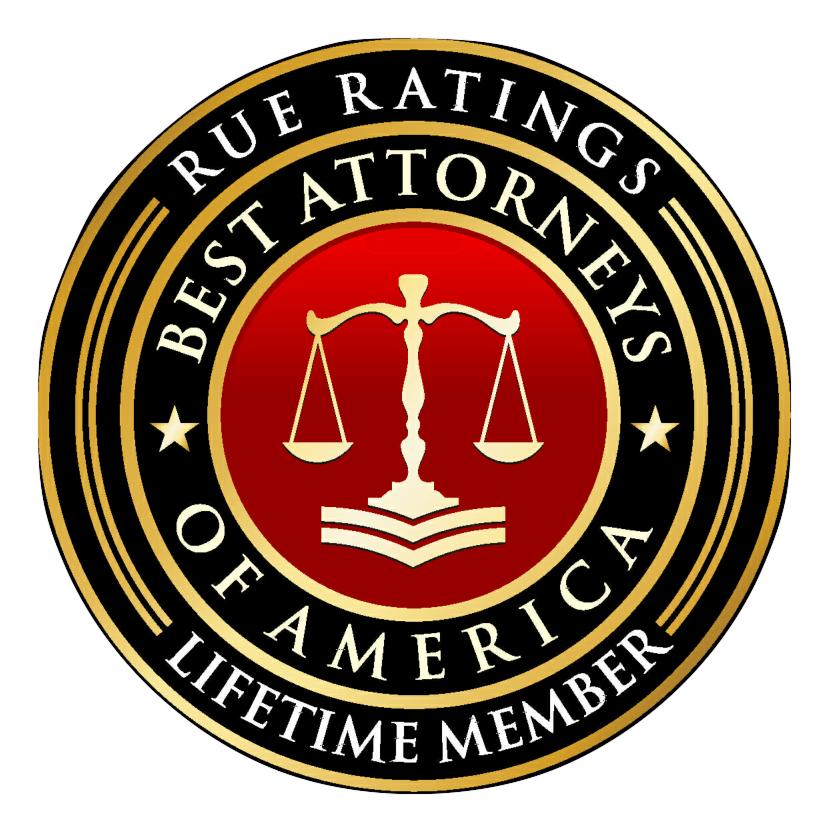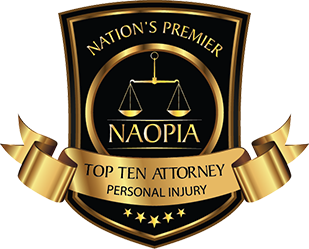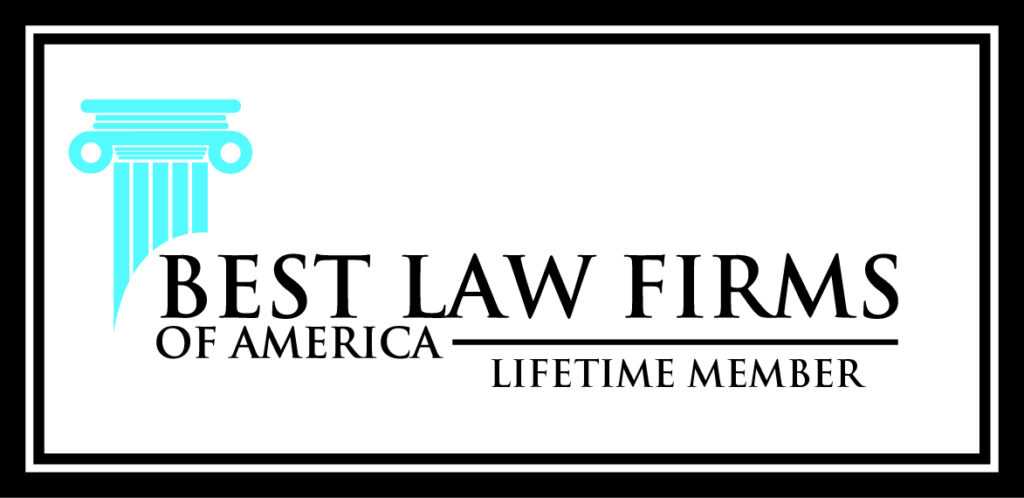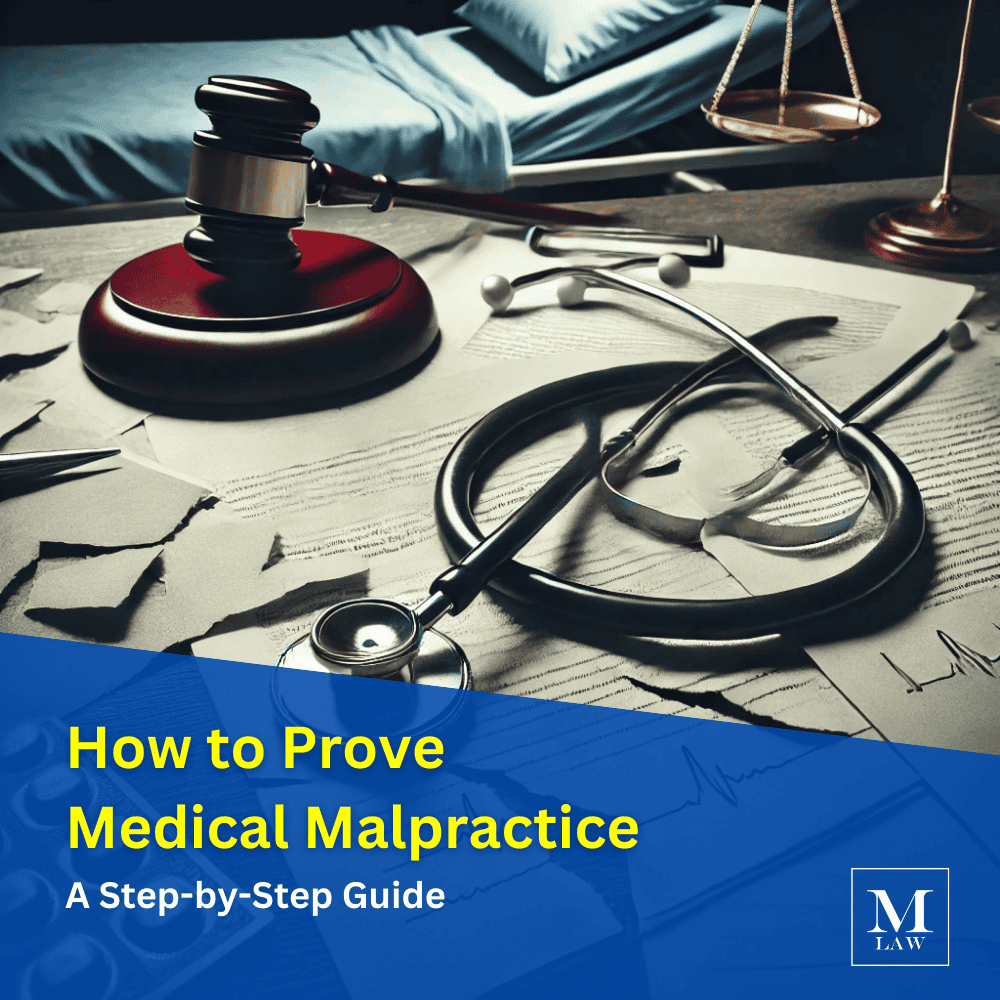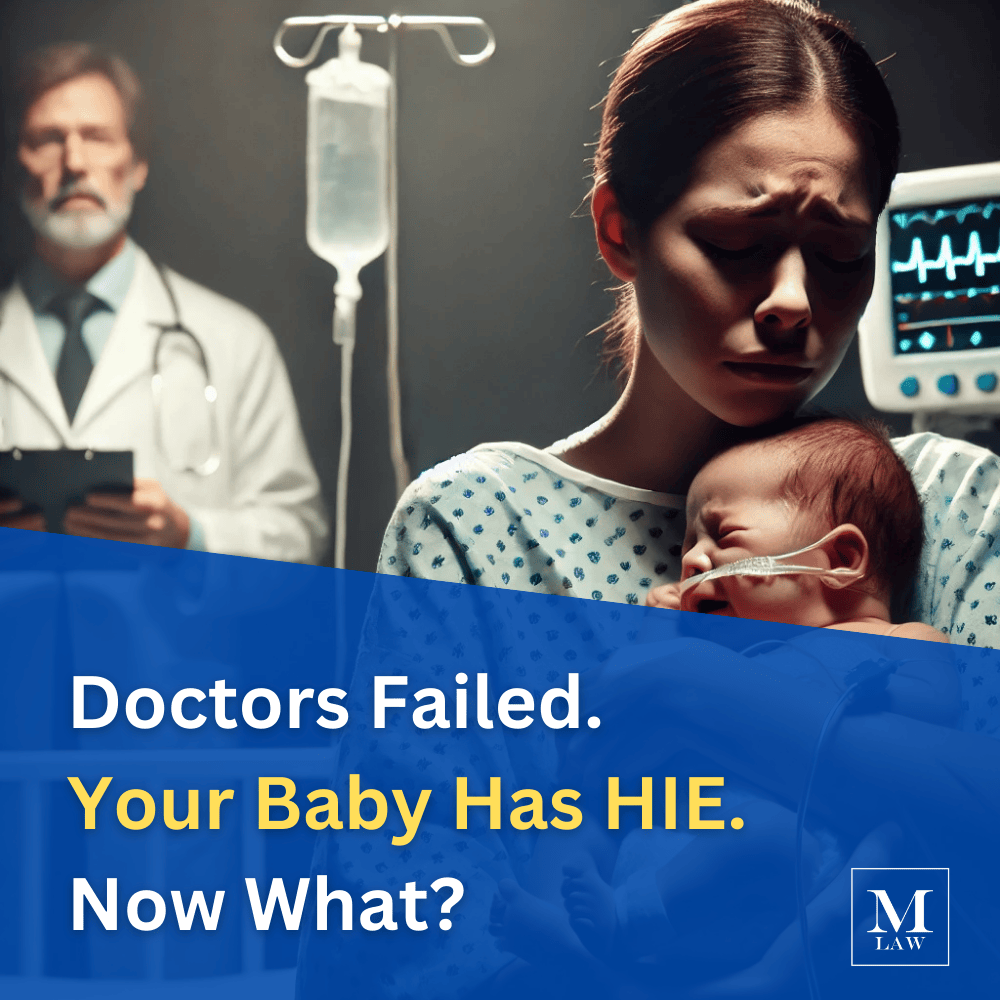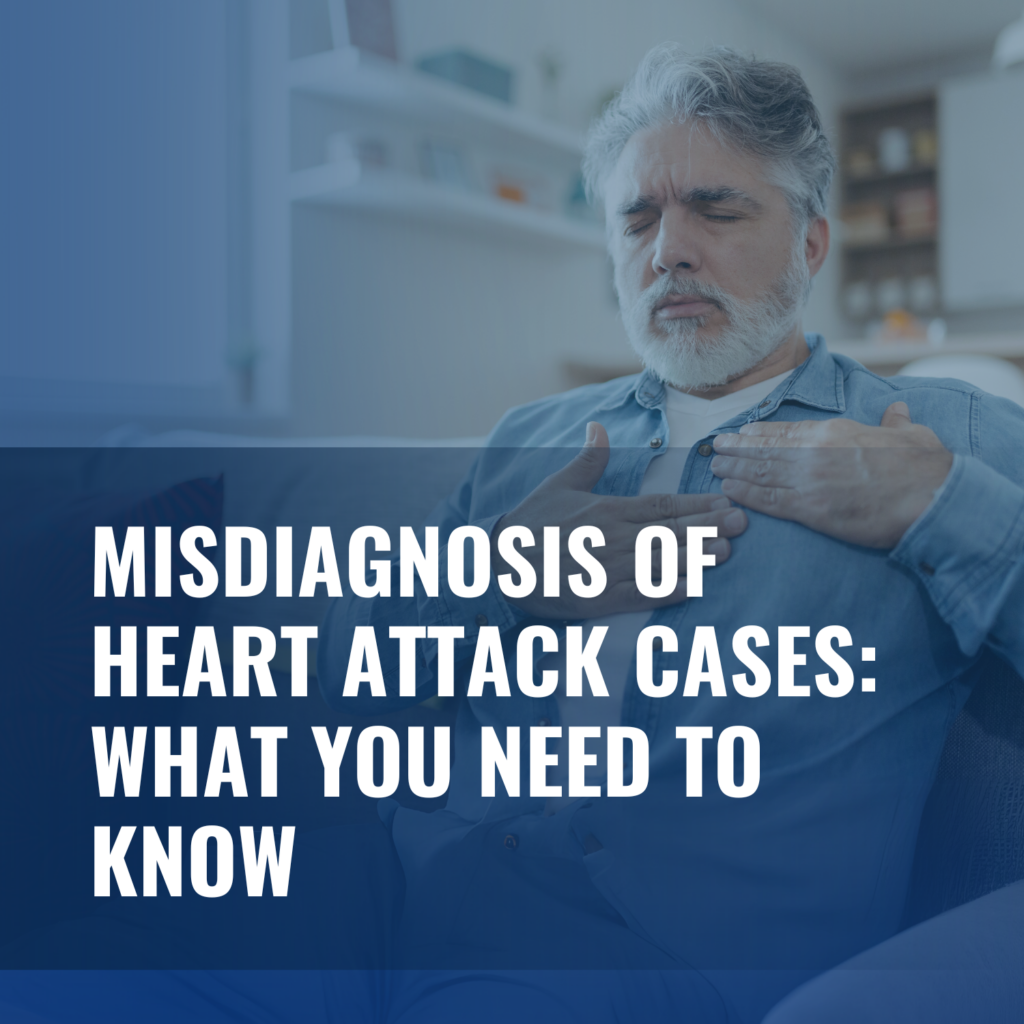
Anesthesia Error Lawyer NYC
Get The Best Anesthesia Error Lawyer Fighting For You
New York City's Most Winning Med Mal Firm
It is estimated that 1 in 200,000 people die due to anesthesia errors each year, with thousands more suffering injury.
Could this be you?
Contact an experienced and successful anesthesia error lawyer like Jordan Merson and his firm, Merson Law.
Get the help you deserve.
Everything You Need to Know About Anesthesia Errors
What is Anesthesia?
Anesthesia is a state of controlled, temporary loss of sensation or awareness that is induced for medical purposes such as surgery, child birth, and bone resetting.
Depending on the type of anesthetic used, anesthesia can include some or all of analgesia (relief from or prevention of pain), paralysis (muscle relaxation), amnesia (loss of memory), and unconsciousness.
There are three main types of anesthesia:
1. General Anesthesia
General anesthesia is a form of anesthesia that induces a reversible loss of consciousness and sensation throughout the entire body. It is typically used for major surgical procedures or when a patient needs to be completely unaware and unresponsive to pain during the operation. General anesthesia is administered through inhalation (breathing in gas), intravenous (IV) injection, or a combination of both. While under general anesthesia, the your vital signs, breathing, and other physiological functions are closely monitored by an anesthesia provider.
2. Regional Anesthesia
Regional anesthesia involves numbing a specific region of the body, such as an entire limb or a larger area, while the patient remains conscious and awake. The two common types of regional anesthesia are:
- Spinal Anesthesia: In spinal anesthesia, a local anesthetic is injected into the fluid surrounding the spinal cord in the lower back (subarachnoid space). This numbs the lower body and is commonly used for surgeries involving the lower abdomen, hips, and legs.
- Epidural Anesthesia: Epidural anesthesia is similar to spinal anesthesia but involves placing the anesthetic medication into the epidural space just outside the spinal cord. This is commonly used for pain relief during childbirth and surgeries involving the lower body.
3. Local Anesthesia
Local anesthesia is used to numb a small, specific area of the body. It is typically administered through injections or topical applications and is commonly used for minor surgical procedures or for providing pain relief during certain medical treatments.
The choice of anesthesia depends on various factors, including the type of procedure, the patient’s medical condition, and the preferences of the medical team and you. Anesthesia is always administered and monitored by trained anesthesia providers to ensure your and comfort during medical procedures.
Possible Complications and Injuries from Anesthesia
The most common complications from anesthesia are:
- post-operative pain
- nausea and vomiting
- delirium or temporary mental confusion
- tooth damage due to the placing of the breathing tube (intubation) during the operation
- sore throat and/or damage to the larynx
- serious allergic reaction from the anesthesia (known as anaphylaxis)
- respiratory difficulties
- pneumonia
- brain damage due to lack of oxygen
- stroke
- nerve injury
- blood clots
- heart attack
- death, and
- anesthesia awareness (meaning that the person regains consciousness during the operation).
As you can see, the list of major known complications from anesthesia is long and some risks are very serious. Luckily, while minor complications such as post-operative pain, nausea, and vomiting are not at all uncommon (as high as 40%), the most serious complications are relatively rare. For example, the risk of waking up during surgery is about 0.2%. That amounts to about two out of every thousand patients. See more statistics in our post Deadly and Shocking Anesthesia Error Statistics.
How to Prove Medical Malpractice: A Step-by-Step Guide
HIE & Birth Injury: What Every Parent Must Know
Misdiagnosis of Heart Attack Cases: What You Need to Know
What is an Anesthesiologist?
Anesthesia is an inherently risky part of any major medical operation, and requires a specialist, called an anesthesiologist, to administer and monitor the effect on the patient.
An anesthesiologist is a medical professional specializing in dosing, preparing, and administering anesthesia to a patient. This aspect of the medical field is incredibly important for surgery and other medical procedures.
Prior to any medical procedure requiring anesthesia, the anesthesiologist will review the patient’s medical record, history, prior medications, allergies and time requirements of the operation to determine the best combination of drugs to use.
There are many factors at play when determining what type of anesthetic to use and how much to administer, which is why anesthesiology is its own distinct practice within the medical field. Anesthesiologists undergo rigorous education programs and several years of clinical rotations to ensure that they are equipped to properly treat patients. It typically takes 12-14 years to become a licensed anesthesiologist.
Major Errors in Administration of Anesthesia
Despite extensive training and study, anesthesiologists are capable of mistakes. It is estimated that 1 in approximately 300,000 patients die due to complications with anesthesia.
The Joint Commission on Accreditation of Healthcare Organizations states that 21,000 to 42,000 Americans experience anesthesia awareness each year.
These are only some of the types of anesthesia errors that can occur. Anesthesia malpractice can happen either during the pre-operation medical review, or during the procedure itself.
The most common types of mistakes in administering anesthesia are:
- giving the wrong dosage of anesthesia, either too much or too little
- intubating the patient improperly (tooth damage due to the intubation is actually one of the most common malpractice claims against anesthesiologists)
- failing to monitor the patient properly
- failing to recognize complications as they are developing
- accidentally or intentionally turning off the alarm on the pulse oximeter, which measures the oxygen level in the patient’s blood
- failing to monitor the delivery of oxygen to the patient
- failing to give the patient the proper instructions on how to prepare for surgery, such as not eating or drinking for a specified time before the surgery
- finally, while this is not an administration of anesthesia error per se, it can amount to medical negligence on the part of the anesthesiologist. During long surgery, the anesthesiologist is responsible for ensuring that the patient is moved periodically to avoid putting too much pressure on specific parts of the body. If the patient in the prone position is not moved periodically, the optic nerve can be injured, and blindness can result.
Proving an Anesthesiologist’s Negligence
Medical malpractice can occur in many different ways, but the main cause of medical malpractice always boils down to medical negligence on the part of the defendant doctor or care provider.
In general, negligence means not exercising reasonable care, or doing something wrong. In medical malpractice cases, courts often define negligence as a health care provider’s failure to exercise the degree of care and skill of the average health care provider who practices the provider’s specialty, taking into account the advances in the profession and resources available to the provider.
In order to prove that an anesthesiologist was negligent, your anesthesia error lawyer will hire an expert medical witness, who will consider things like your pre-surgical risk factors for anesthesia and the surgeon’s and anesthesiologist’s operative notes, to try to figure out what happened during the surgery. Then, a very important consideration is the known complication rate of the type of anesthesia used during the surgery.
When is a Hospital Liable in a Lawsuit?
To make a medical malpractice claim, the first thing that you have to determine is whether the hospital, or anesthesiologist, is liable. An experienced anesthesia error lawyer can help you with this. The most common ways for a hospital to be held liable for anesthesia errors are the following:
- If the anesthesiologist is employed by the hospital, then the hospital will automatically be liable for any negligence committed by its employee. This is called vicarious liability.
- If the anesthesiologist is an independent contractor, the hospital may be held liable for negligently hiring and supervising the anesthesiologist.
- If the negligence occurred due to anesthesia equipment failure, the hospital may be independently negligent in maintaining and repairing its equipment.
Outside of these scenarios, the anesthesiologist would typically be responsible, and could be sued directly.
Liability When the Anesthesiologist is an Independent Contractor
A hospital is generally not legally liable for the negligence of physicians who participated in an operation at the hospital, but were not employees of the hospital. Physicians are considered to be independent contractors, and so, unless they are the hospital’s employees, the hospital is usually not responsible for their negligence.
Determining whether an anesthesiologist is an employee or an independent contractor is a complex legal issue that involves looking at things like the employment contract between the doctor and the hospital, and how much control the hospital had over the doctor’s job conditions and performance.
As a general rule, the more control an employer has over the performance of a physician who claims to be an independent contractor, the more likely it is that a court might find that the physician was actually an employee. If it’s determined that the anesthesiologist acted independently of the hospital, the lawsuit would name him or her as the defendant. Because this is such a complex issue, you should contact a qualified anesthesia error lawyer in your state to get advice as to the law on this issue in your state.
Errors in Anesthesia
Negligent Anesthesia Preparation
If the anesthesiologist fails to properly review all the patient’s medical records, he or she may administer drugs to which the patient is allergic, causing injury or death.
Alternatively, an anesthetic contraindication may be present which means, due to previous medications given the patient, a certain anesthetic agent may pose increased risk of complication and should not be used. If it is used, this type of anesthesia malpractice may lead to the patient’s death.
Failure to Monitor Anesthetic Performance
Even if the pre-op work is done correctly, there is potential for negligence should the anesthesiologist not monitor the patient and react in time to and changes in vital signs.
It is even possible for the anesthesiologist to run into logistical problems, such as a lack of available oxygen. If these types of situations are not anticipated during the operation, the patient may lose their life due to medical negligence. Family members may contact an anesthesia error lawyer on behalf of relatives who died wrongfully due to an anesthesia error.
The Top Anesthesia Error Lawyer In New York
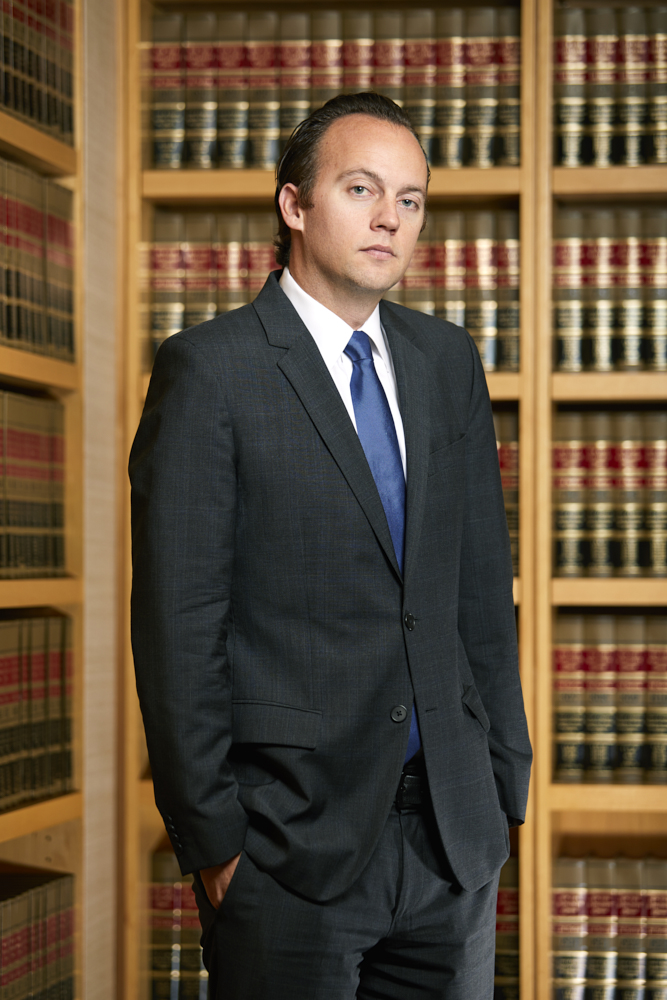
The team of medical malpractice lawyers at Merson Law PLLC has built a stellar reputation representing medical malpractice clients who suffered catastrophic injuries.
Our team has extensive experience litigating medical malpractice cases valued in excess of $1 million and much of their background includes prosecuting cases that have resolved for more than $10 million.
Here are some of the medical malpractice cases litigated by Jordan Merson of Merson Law*:
- $17 million for failure to timely perform c-section on baby
- $14.8 million for baby brain damaged when c-section was delayed
- $14.4 million for Queens family whose child suffered brain damage
- $12 million for burn victim
- $11.3 million jury verdict for brain damage child
- $11 million for Brooklyn woman who had untreated post-delivery bleeding
- $9.5 million for paraplegic due to failure to timely perform spine surgery
*Please note that past results do not guarantee similar outcome
Mr. Merson was honored to be included in New York Law Journal’s first ever “Hall of Fame” for medical malpractice verdicts and settlements.
When New York Magazine published its top verdicts in 2014, Mr. Merson was included on that list as well.
In fact, Mr. Merson has had the largest single-plaintiff medical malpractice verdict in Westchester County for at least a five year period and he had the largest verdict in Westchester County for any type of case in 2014 — an $11.3 million verdict after the defendant that proceeded to trial refused to offer any money to settle the case.
Mr. Merson was also named in Super Lawyers and he has been quoted by the national and local media, including USA Today, the New York Law Journal and the Daily News.










